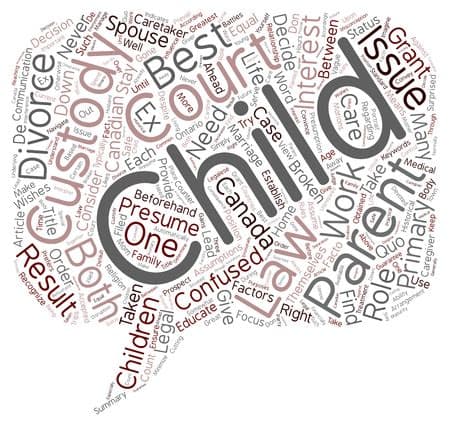Most people are overwhelmed when they find it necessary to meet with an attorney to discuss a possible divorce. And most people are unaware of what questions they should ask during the initial interview. It is also true that the biggest issue between a client and attorney is communication.
When you are at the initial interview, you want to make sure that you and the attorney will be a “good fit” and be able to work together effectively. If the following questions are discussed at the initial interview, there is less likelihood of misunderstandings with your working relationship with the attorney.

- How will you communicate with me? Do you handle most communication via the telephone, email, text, zoom, in person meetings, or a portal?
- What time of day and what days are you available to communication with me? Is it simply regular business hours, or do you allow communication after hours and on the weekends? If you allow communication after hours or on the weekends, is it via telephone, cell phone, email, or text?
- When I contact you, how long will it be before I get return communication from you? Do you return calls, emails, and texts within a specific period of time? If so, what is that timeframe?
- Are after hours or weekend communication billed at a different rate other than your regular rate of pay? If so, what is that hourly rate?
- Will most of the communication with your office be directly with you or other staff members? If it is with staff members, will I be charged for that time, and if so, what is that hourly rate?
- What is your hourly rate, and is there a minimum billable time?
- What will I be charged for? Calls, letters, emails, communication with your staff?
If you ask these simple questions during the initial interview, you will have a greater understanding of how the attorney addresses communication with their clients, and whether their style of communication will meet your expectations and needs. As the divorce process is hard








